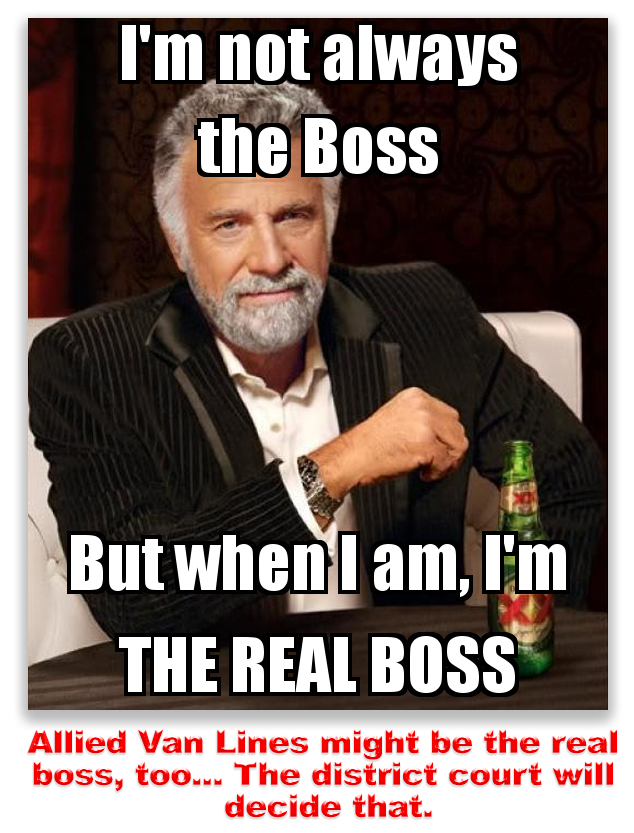We post news and comment on federal criminal justice issues, focused primarily on trial and post-conviction matters, legislative initiatives, and sentencing issues.

BOP EMPLOYEES TAKE IT ON THE CHIN
About 23,000 Bureau of Prisons employees will lose up to 25% of their pay starting late this month as the agency tries to reduce costs, Government Executive magazine reported last week.
 Workers learned at meetings last Tuesday that the BOP was halving — and at seven prisons ending altogether — retention pay incentives, which are designed to keep employees at understaffed facilities. The incentive added an extra 10 to 25% of base pay to each paycheck. Employees at MDC Brooklyn have been getting 35% retention pay due to the appalling conditions at that facility.
Workers learned at meetings last Tuesday that the BOP was halving — and at seven prisons ending altogether — retention pay incentives, which are designed to keep employees at understaffed facilities. The incentive added an extra 10 to 25% of base pay to each paycheck. Employees at MDC Brooklyn have been getting 35% retention pay due to the appalling conditions at that facility.
The retention bonus cuts were announced chaotically, according to Forbes magazine, “coming from both union leadership and impromptu town halls where little was shared beyond the fact that the bonuses are ending.” One union official told Forbes that “during an annual training session, the complex warden entered the room and abruptly informed them that retention bonuses were gone.”
Elon Musk’s Department of Government Efficiency has picked the BOP as one of the latest targets in its aggressive cost-cutting measures across federal agencies, according to Forbes. During the pandemic, the BOP’s hiring crisis resulted in it being granted the right to pay retention bonuses to keep some prisons operational. Now, Forbes said, DOGE has axed those bonuses, leaving employees in limbo: “Following the director’s firing, many employees are questioning whether they’ll still have a job in the coming weeks.”
Speaking of that, Federal News Network reported last week that former BOP Director Collette Peters, who was fired by the Trump administration within hours of inauguration (a dismissal that was spun as a resignation), has hired a premier federal employment attorney to bring a wrongful dismissal suit on the ground that dismissal of someone in her position required a finding of wrongdoing. In firing Peters, the Administration merely cited the “changing priorities.”
 “In response to budget constraints, the BOP has made the difficult decision to greatly reduce, and in some cases eliminate, retention incentives across the agency,” an agency spokesman said in a statement. “This decision was not made lightly, and we recognize the financial hardship this may cause for employees who rely on those incentives.”
“In response to budget constraints, the BOP has made the difficult decision to greatly reduce, and in some cases eliminate, retention incentives across the agency,” an agency spokesman said in a statement. “This decision was not made lightly, and we recognize the financial hardship this may cause for employees who rely on those incentives.”
What this means is that the staff shortage – that already leads to inadequate healthcare, lack of programs, and frequent lockdowns – is likely to worsen.
Government Executive, 23,000 federal prison workers are set to take pay cuts up to 25% next month (February 26, 2025)
Forbes, Bureau of Prisons to Cancel Staff Retention Bonuses (February 26, 2025)
Federal News Network, Federal firings: You couldn’t make this up (February 20, 2025)
– Thomas L. Root





